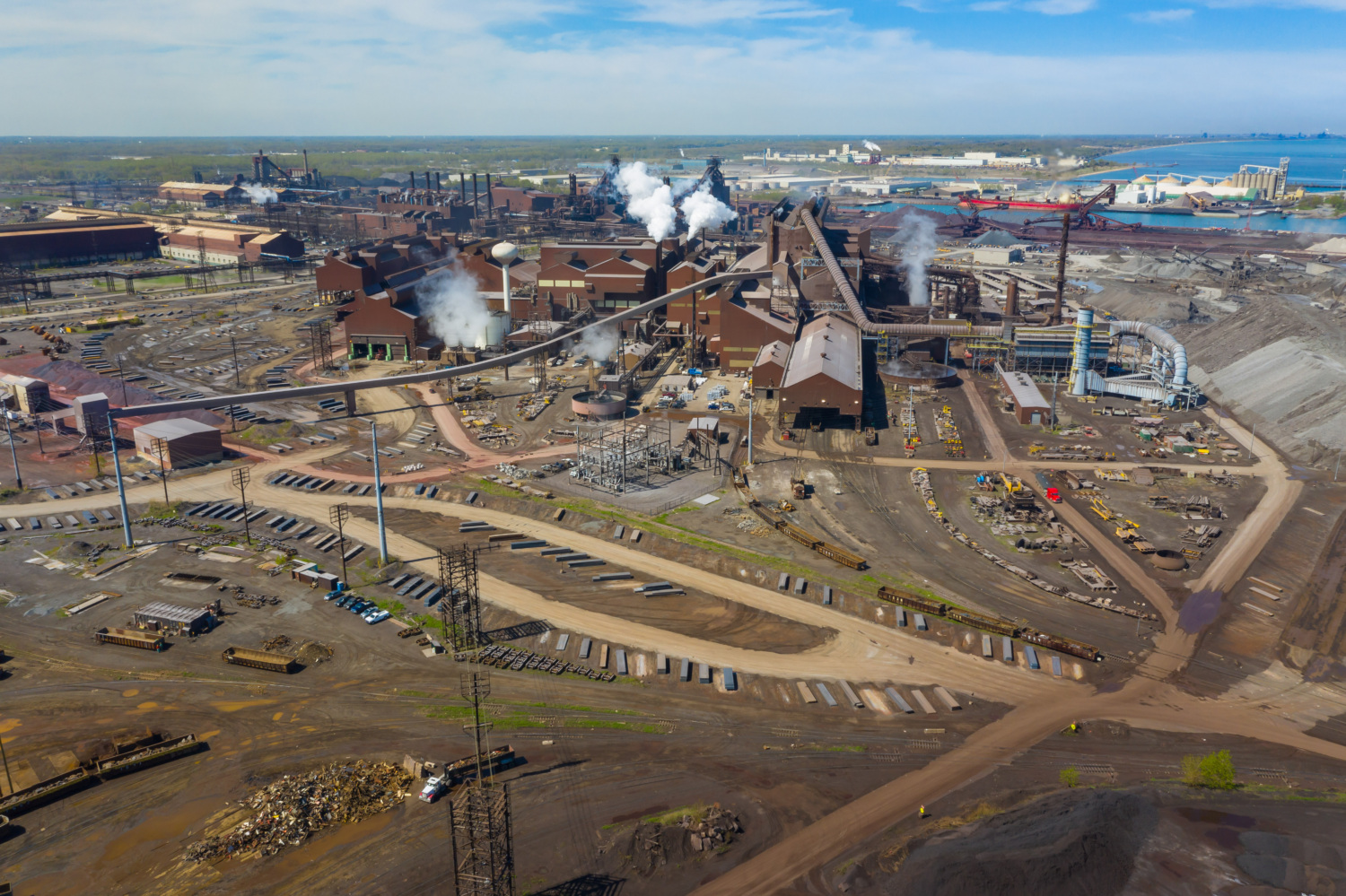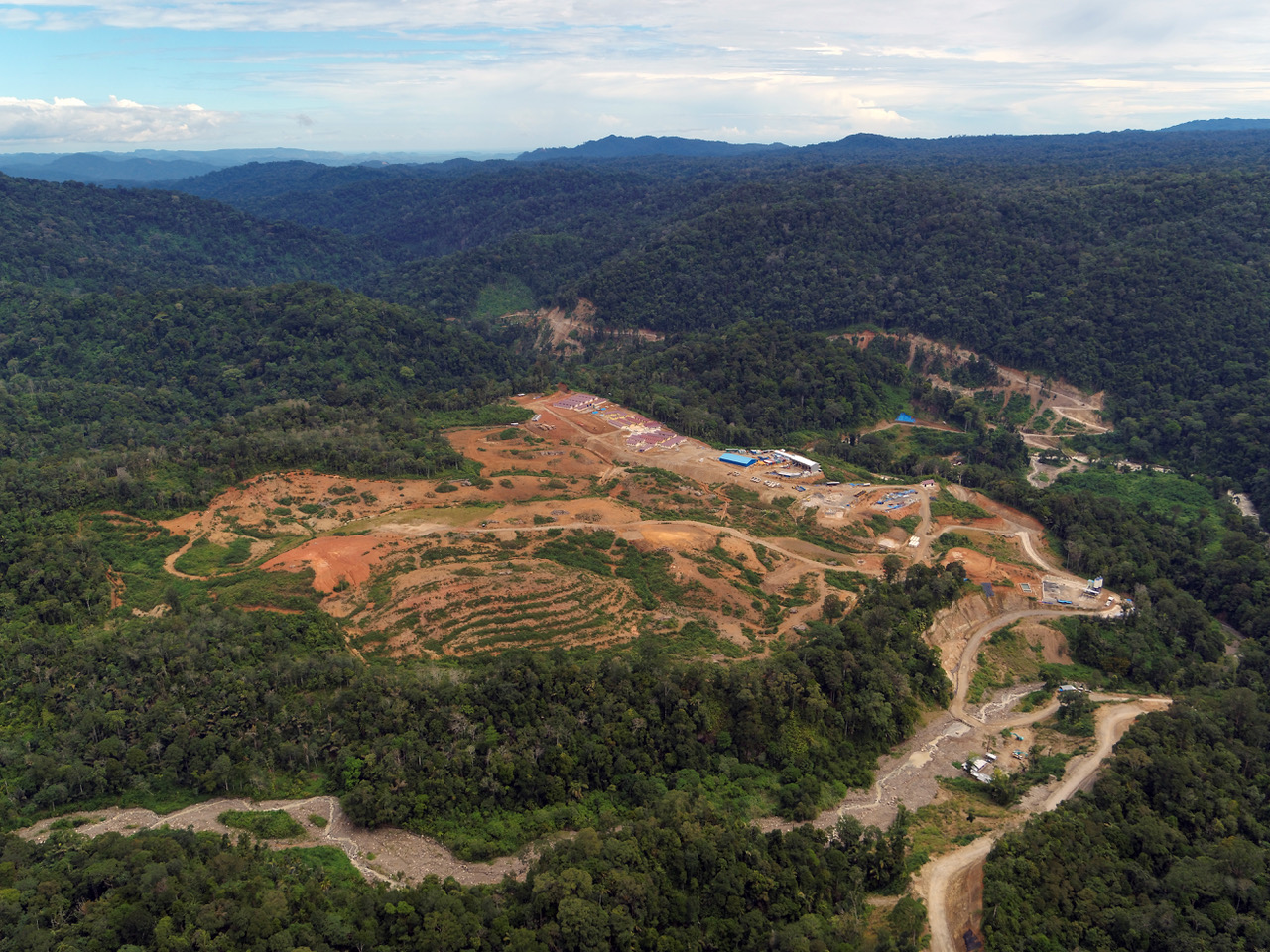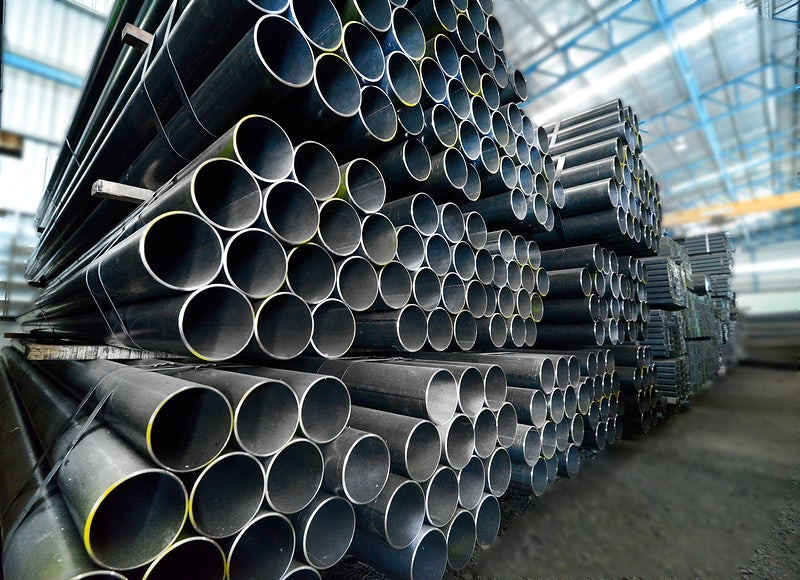Barclays revealed to be biggest financier of discredited meat giant JBS yet new forest policy will not stop the finance flowing
New research by BankTrack, Feedback, and Mighty Earth reveals Barclays was the biggest financier of the world’s highest-emitting meat company, JBS, over the last eight years.
The research estimates that Barclays, which holds its AGM on 3rd May, provided over $6 billion in finance to JBS between 2015 and 2022 despite Barclays’ commitment to become net zero by 2050 and its claim that it takes a ‘zero-tolerance’ approach to corruption. JBS paid out over $3.5 billion in fines for its involvement in multiple environmental, deforestation and corruption scandals over the same period.
Barclay’s staggering sums to support JBS
The research shows Barclays lent approximately US$2.75 billion in corporate loans, underwrote around US$3.5 billion in bond issuances, and provided approximately US$450 million in revolving credit facilities to JBS and its subsidiaries between January 2015 and December 2022. These figures suggest Barclays financed over a quarter of identified corporate loans and nearly a fifth of bond issuances provided globally to JBS and its global subsidiaries during this period.
Other financial institutions drop JBS
Whilst Barclays continues to bankroll JBS, a number of major financial institutions have stopped financing JBS in recent years. For example, Nordea Asset Management – northern Europe’s largest financial services group – and Norway’s Government Pension Fund Global – the world’s largest pension fund – divested in 2018 and 2020 respectively. The UK pension fund Aviva has designated JBS a ‘red rated issuer’, which prevents any further active investment in the company, although it retains some passive exposure to JBS through index funds.
Worst climate polluter in its sector fueling deforestation
JBS is estimated to be the highest-emitting meat corporation globally – responsible for an estimated 288 million tonnes of carbon dioxide equivalent in 2021, more than the total emissions of Spain in 2021. JBS and its subsidiaries have the capacity to slaughter 76,150 heads of cattle, 132,000 pigs and 13.8 million poultry birds per day. The company has also been linked to multiple instances of deforestation in the Amazon. In December 2022, auditors in the Brazilian state of Pará found that 17% of JBS’ cattle purchases were from ranches with “irregularities” such as illegal deforestation.
Litany of wrongdoing
JBS has also been involved in a series of high-level corruption scandals in the US and Brazil. ‘Operation Carwash’ – one of Brazil’s largest anti-corruption investigations – resulted in JBS paying a record-breaking US$3.2 billion in fines, following testimony that executives had bribed 1,829 politicians. It has also been implicated in numerous alleged human and Indigenous rights abuses, including land grabbing, child and slave labour, and violations of workers’ rights. In February 2023, the US Department of Labor found 27 minors working in a JBS plant, using dangerous chemicals, for a cleaning contractor that was subsequently hit with a $1.5 million fine. JBS has also faced an US Securities and Exchange Commission (SEC) complaint filed against it for alleged fraudulent reporting of its climate emissions.
Barclay’s new forestry policy
Barclays’ new policy on forestry and agriculture commodities, published on Friday, includes beef linked directly to deforestation in South America but fails to include greenhouse gas emissions from agriculture. The policy will thus allow Barclays to continue financing industrial livestock companies despite their high emissions related to enteric fermentation, manure, feed and land use – including JBS.
The deforestation policy is also undermined by weak standards and inadequate mechanisms to identify, monitor and verify cases of illegal deforestation or exploitation, which means Barclays is reliant on its clients to police their own activities – and it does not explicitly cover livestock companies using deforestation-linked animal feed.
Weak or ineffectual implementation of due diligence mechanisms also undermine the bank’s policy on Financial Crime (2020), Modern Slavery (2021) and Climate Change (2023), including its commitment to become net zero by 2050.
The House of Lords is due to vote on new legislation in the coming weeks which could introduce mandatory due diligence requirements for financial actors, such as Barclays, and prevent them from lending to companies driving deforestation.
Hannah Greep, Banks and Nature Campaign Lead at BankTrack said: “The fact that Barclays continues to finance JBS despite the company’s atrocious behaviour shows that it is not taking the climate and biodiversity crises seriously. The bank must expand its policies to cover all industrial livestock companies and stop financing companies like JBS that continue to grow their production by cutting down forests and abusing people’s rights.”
Martin Bowman, Senior Policy and Campaigns Manager at Feedback Global said: “Barclays seems happy to profit from industrial meat giants like JBS, despite its outsized emissions and links to illegal deforestation, human rights abuses and corruption. This prompts the question: is there any meaningful ethical limit to what Barclays is happy to fund? If Barclays won’t end finance to industrial livestock corporations like JBS voluntarily, regulators must step in to regulate industrial livestock companies and their financial backers to cut off the financial fodder for this polluting industry, as part of a government-led just transition to lower meat production and consumption to help avert climate crisis.”
Gemma Hoskins, UK Senior Director at Mighty Earth said: “Barclays ongoing financial support for JBS, despite a raft of evidence of JBS’ corruption, and links to human rights abuses and environmental destruction, is utterly incompatible to the delivery of Barclays Net Zero commitment. Barclays’ overdue forestry and agriculture policy fails to detail necessary due diligence and reporting mechanisms. This policy has sufficient holes to keep bankrolling destructive companies, including JBS. Our report underscores the urgent need for the Financial and Market Services Bill to ensure that outlaw companies like JBS cannot use international capital markets to finance deforestation, pollution, and corruption.”


